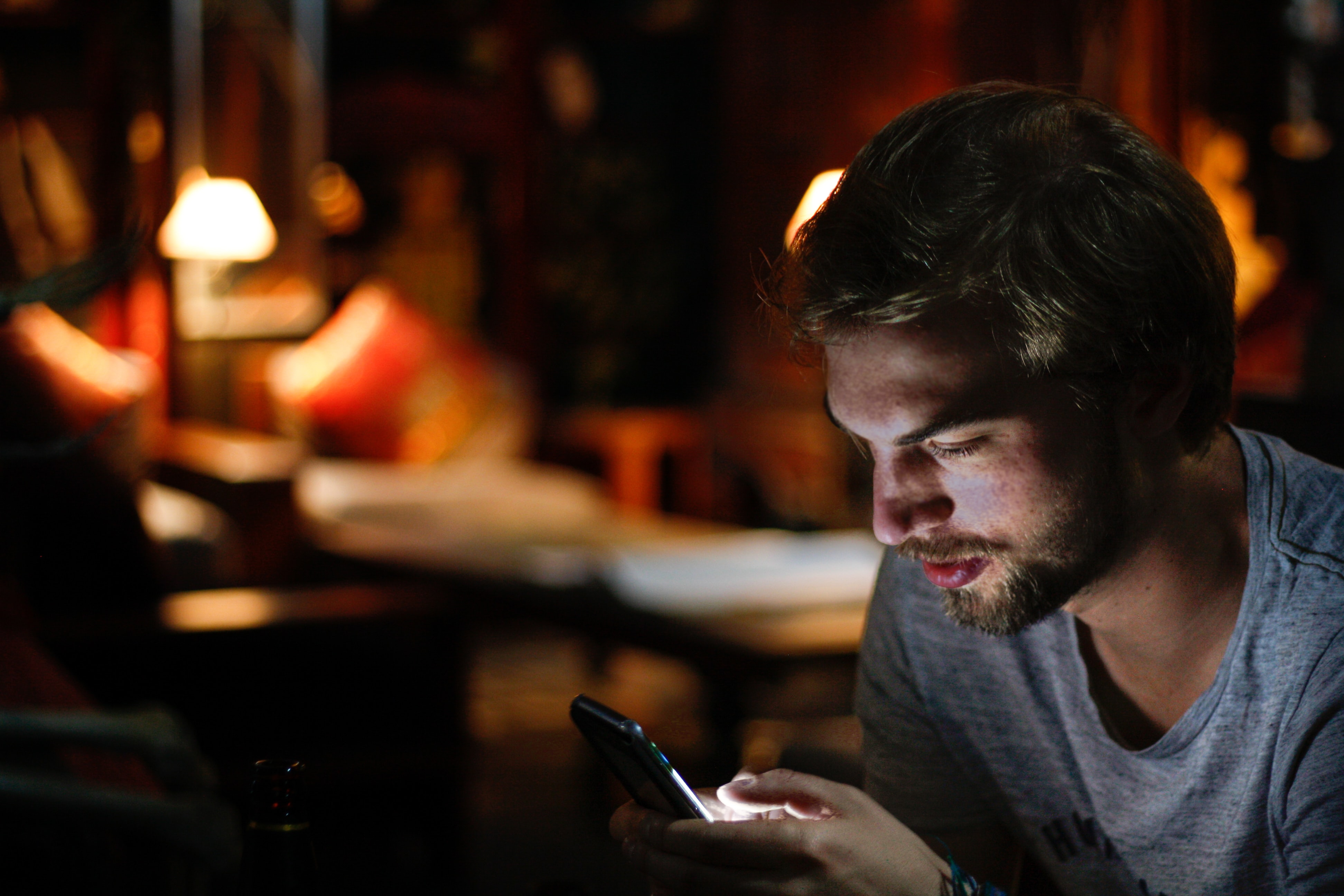 Smartphone use is vilified for negatively impacting mental health but a study from Technology, Mind, and Behavior indicates smartphones are not be so bad after all. The authors suggest that screen time is not a predictor of negative mental health symptoms. Instead, it is worries about phone use that’s the problem.
Smartphone use is vilified for negatively impacting mental health but a study from Technology, Mind, and Behavior indicates smartphones are not be so bad after all. The authors suggest that screen time is not a predictor of negative mental health symptoms. Instead, it is worries about phone use that’s the problem.
As someone who reviews devices, Antti Alatalo, The CEO & Founder of Smart Watches 4 U, admits to some bias but views smartphones as just a tool. Alatalo explains, “As with any tool, if used in excess and you become too dependent on it, it becomes a detriment. Spending huge amounts of time on the phone isn't a problem either. Phone use time has gone up in recent years and that's fine as it is needed for work and other daily functions.”
However, Alatalo does see how smartphone use is problematic for some if they don’t know how to handle it properly. “The key is that you're able to put the phone down when appropriate to do so to talk face-to-face with a loved one or sit down with the family at the dinner table,” said Alatalo. "It's when your mind is craving phone use 24/7 that it becomes a problem.”
Nighttime use is also a legitimate concern. Stephen Light, a Certified Sleep Science Coach and co-owner of Nolah Mattress said, “Smartphones emit blue light which the body associates with alertness and wakefulness. When people expose themselves to blue light from a screens, it confuses their bodies and makes them more active. People who use their smartphones at night experience sleeping problems since the blue light tells their body it is daytime, but their bodies are tired and want to sleep.” And problems sleeping are correlated to mental health struggles.
Andrew Selepak, PhD, a social media professor at the University of Florida, agrees with Alatalo that the device is simply a tool. “A smartphone is neither inherently bad nor inherently good,” said Selepak, “as we decide how we want to use it and what we want it to do. With its basic functions of phone calls and texts, a smartphone is an incredible device that allows us to connect with others anywhere."
Selepak believes the negative impact on mental health happens when users add apps to their smartphones. “We spend too much time on social media judging others, judging ourselves in comparison to others, and being bombarded with negative news stories,” said Selepak. “Our apps constantly send us notifications that entice us to check them, to look at news stories and social media posts. The smartphone has become an appendage that we cannot live without and it is an appendage that constantly brings us bad news. Even what could be good news is bad news because it causes us to evaluate our own lives and we often find ourselves coming up short. And with the negative news on Twitter and news apps, and fake news on Facebook and other social media, it is hard to know what to believe, other than the world is a cruel and depressing place."
Tom Winter, lead tech recruitment advisor and co-founder of DevSkiller also believes what people view is problematic more than viewing in and of itself. “The internet is an incendiary place,” said Winter. “Perhaps we need to make way for education about how to conduct oneself online, especially with people of different age groups, nationalities, and even social classes.”
Eric Florence, cybersecurity analyst with SecurityTech thinks the problem goes beyond smartphones. Florence explains, “We now live in a world where you have smart devices all around you. Things that weren’t previously smart devices, like your fridge, or car, or speaker, are all now connected to the internet and capable of listening to you. I don’t think we should say that phones are the reason we have such a mental health crisis, but rather that new and advanced technologies dictating our lives which could have an impact on everyone's brains.”
Regardless of the true problem with smartphones, or devices, Selepak reminds us that smartphones should be tools that we use, rather than us as the tool that our smartphones, and all the apps that we download, use. Selepak said, “We have become a product to be bought, sold, and manipulated by the big tech companies that reach us through our cell phones. But we allow it to happen with each app we download and each time we grab our phones to do anything with it other than call or text.” Leo Young, founder and editor of Optimized Family, believes “the mental health scares over time adults spent on smartphones need to be put to rest. They are now a part of us, to be used and abused as we see fit, for better or for worse.”
Tina Arnoldi, MA is a marketing consultant and freelance writer in Charleston SC. Learn more about her and connect at TinaArnoldi.com